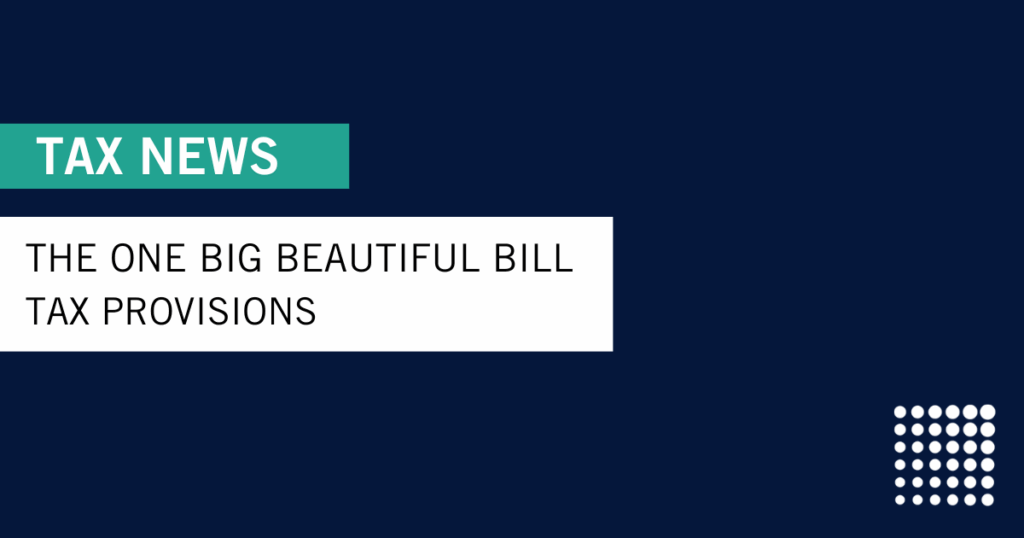Equifax says a giant cybersecurity breach compromised the personal information of as many as 143 million Americans. Cyber criminals have accessed sensitive information, including names, social security numbers, birthdates, addresses and the numbers of some driver’s licenses.
Unlike other data breaches, not all of the people affected by the Equifax breach may be aware that they’re customers of the company. Equifax gets its data from credit card companies, banks, retailers and lenders who report on the credit activity of individuals to credit reporting agencies, as well as by purchasing public records.
What should you do?
Freezing your credit is arguably the single best measure against identity theft. It will block would-be thieves from opening accounts or executing contracts in your name. But a credit freeze won’t protect you from every type of identity theft. Also, a credit freeze is not permanent, and you will have to un-freeze your account at some point in the future when you need to access it.
Although you can take advantage of the free monitoring period companies like Equifax offer, most attacks take place well after. Many criminals are aware that companies are only doing short-term identity protection. As a result, they will hold onto the personal information and use it after the monitoring window has ended.
For those concerned they may have been impacted, CWA Planner Brook Hoover suggests the following three steps:
1. Check your credit reports early
Equifax, Experian and TransUnion are the three major credit reporting companies in the U.S. Get and review a copy of the credit report that each company has on file for you, as they may differ. You are permitted to obtain one free credit report each year from each reporting company.
2. Create a SSA.gov account & enable extra security
Criminals who have stolen your social security number or other personal information can use that information to create an SSA.gov account in your name. Once they have control of your account, they can use it to divert your social security benefits.
You can now take advantage of an extra level of protection. Once you enable your account, you can sign up for extra security in the security settings tab.
3. Keep an eye open for medical and tax fraud
To help catch medical identity fraud early on, regularly monitor statements from your insurance companies. Consumer Reports suggests keeping an eye out for health care providers you never used or treatments you never received.
To help catch tax fraud early on, regularly monitor your Internal Revenue Service account. Pay attention to when tax returns are filed and what refunds are issued, Consumer Reports says.
Constant vigilance is essential
These are diligent first steps to take but Brook says it doesn’t stop there.
“You may consider subscribing to a credit monitoring services, as these should capture any activity on your credit, whether in existing accounts or with new accounts.”
Brook reminds his clients that, “the most important thing for individuals to remember following any data breach is that they have to be their own best defender. You need to keep an eye on your current accounts, not just in the coming months, but moving forward.”
For specific questions or concerns, contact your CWA Planning team.














